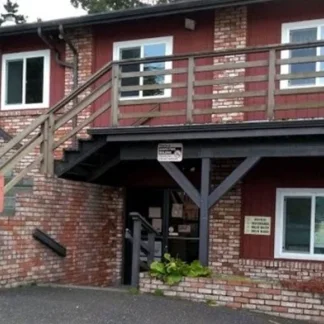Fortuna Adventist Alcohol Recovery Treatment
Fortuna, California, 2331 Rohnerville Road, 95540
Available Programs
- Adolescence program
- Adult program
- Children program
- Program for men
- Program for women
- Young adult program
Insurance and Financial
- Self-pay options
About this Facility
Fortuna Adventist Alcohol Recovery Treatment is a community-based substance abuse education program in Fortuna, California, between Rohner Park and Newburg Park. Their primary focus is providing DUI classes for clients in the legal system. They serve adults.
All DUI classes hosted by Fortuna Adventist Alcohol Recovery Treatment are available via telehealth. In addition to these classes, they also operate a community thrift store, a food bank, and a volunteer organization to assist low-income people and families. Services offered include:
Clients charged with DUI may be referred to a DUI school as an alternative to or consequence of a conviction. These programs require clients to pay a course fee and attend regularly scheduled classes to pass and satisfy court requirements. This facility offers multiple classes at varying lengths based on need.
DUI schools provide education on the effects of alcohol and the dangers of drunk driving. Additionally, these classes offer ongoing screenings to ensure clients are abiding by court orders to remain sober. Successful class completion is required for a client to have their driver’s license reinstated.
This location does not accept insurance as a form of payment. However, clients considering a treatment program should first confirm coverage with their insurance plan, as in-network and out-of-network benefits may vary.
Contact us for more information: (707) 725-9381

Contact Fortuna Adventist Alcohol Recovery Treatment
Connect with Fortuna Adventist Alcohol Recovery Treatment by calling their admissions team directly.
(707) 725-9381 Website Get Directions